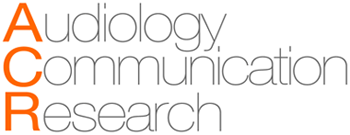ABSTRACT
Introduction Prematurity can affect proper development of a newborn.
Purpose To evaluate performance of oral feeding in preterm infants stimulated by the swallowing training technique.
Methods The study was conducted in a neonatal intensive care unit from March to August 2015. The study was developed as a Times Series Quasi Experiment with 14 preterm newborns (PTNB) with corrected gestational age between 30-36 weeks. The readiness to feed orally protocol for preterm infants (pre and post-swallowing training) was applied. Swallowing exercises were conducted once a day and on average for six consecutive days.
Results Improvement post-stimulation was observed, comparing the pre-intervention and post-intervention protocol data. Regarding oral feeding skills, 50% of preterm infants were classified as level 4. Oral feeding commenced, on average, 1 day after the end of swallowing training; the gastric tube was removed approximately 7 days after beginning oral feeding. There was a borderline inverse relationship between improvement in the readiness score and transition time from tube to full oral feeding and an inverse relationship between improvement in the readiness score and corrected gestational age.
Conclusion The intervention with swallowing training made it possible to improve feeding skills in 50% of the sample population, starting oral feeding and obtaining exclusive oral feeding in a short period of time, with oral readiness at early gestational ages.

 Oral feeding performance in premature infants stimulated by swallowing technical training
Oral feeding performance in premature infants stimulated by swallowing technical training

